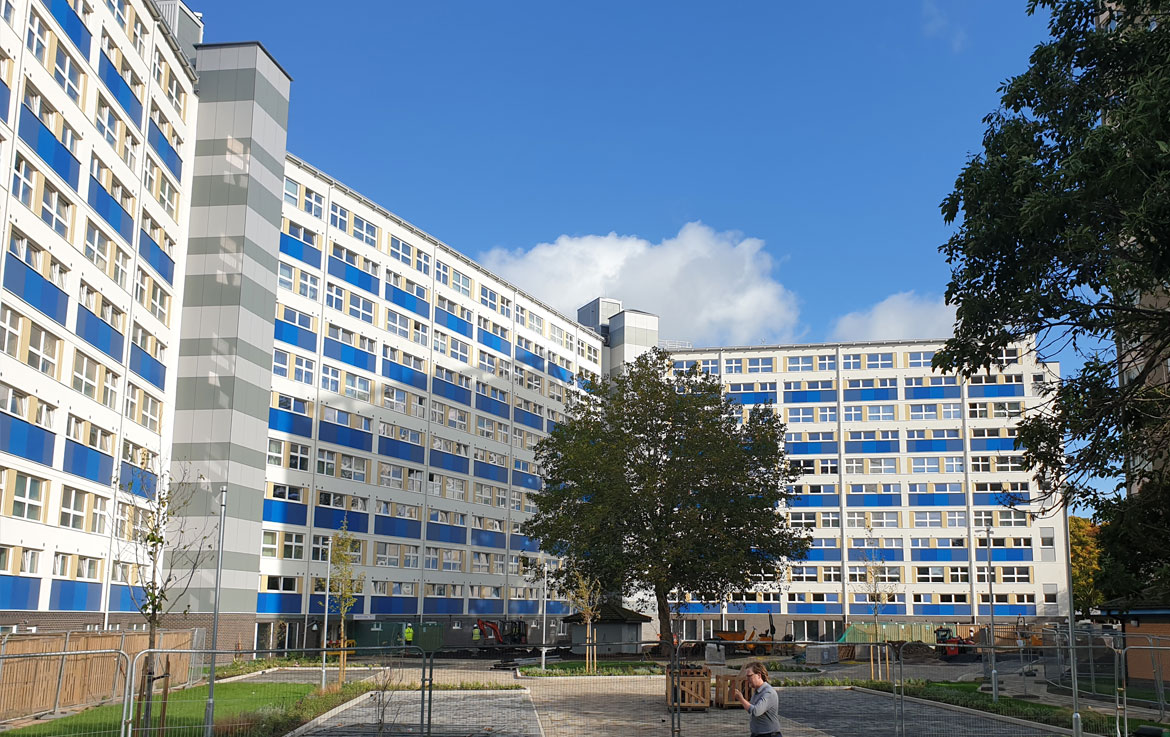The Johnson administration needs to hasten actions in updating Britain’s energy infrastructure, a high-powered set of independent government advisors has warned.
Gaps are opening up between the government’s declared aspirations on policy goals such as Net Zero, and ministers’ execution of steps needed to reach them, the National Infrastructure Commission says in its annual report.
Faltering efforts in energy efficiency and in accelerating EV charging networks are among implementation issues causing the body most concern, according to the advisors, a group of economists, policy makers and academics.
“We need to turbo charge the roll out of electric vehicle charging points, accelerating the installation of both rapid and on-street charging facilities so that the 2030 date for the end of the sale of new petrol and diesel cars remains viable”, chairman Sir John Armitt writes.
Greater urgency and greater detail are needed to deliver on Britain’s first ever National Infrastructure Strategy, announced by government in November 2020 at the height of the Covid lockdown.
The NIC recognises the £ 100 billion which Johnson wants to spend by mid-decade as part of his ‘build back better’ pledge, as well as a cost lift in funding improvements from 1.1% to 1.3% of GDP, and setting up a UK Infrastructure Bank.
But in energy efficiency a need exists, Sir John writes, for a comprehensive push, to hit the government’s own target for all homes to be rated EPC C or above by 2035.
Overall, despite publishing strategies on Net Zero and its Levelling Up agenda, and passing a new environment act, 2021 been a year of slow progress, leaving holes in implementation measures, the body observes.
“At a time of significant global volatility alongside concerns about rising living costs, we appreciate that sticking to a long term strategy is not easy”, Sir John concedes.
“But addressing stubbornly difficult problems …will not become any easier or cheaper to solve by delaying action – and the quicker we tackle them, the quicker society and our environment will reap the benefits”.
The Net Zero Strategy leaves “major gaps around the pathway for heating decarbonisation, how uptake of energy efficiency measures can be significantly increased, and, crucially, how the costs of transitioning to low carbon infrastructure will be fairly paid for”, the report observes.
Heat turned up on tepid ministers
“Decarbonising heating is the biggest infrastructure challenge for building a net zero economy and rapid action is needed”, the document notes.
Emissions from heat need to reduce by around 50 per cent by 2035 and to near zero by 2050 from 2019 levels But last October’s Heat and Buildings Strategy included delivery no plan or pledges of clear funding from government, says the report.
“Annual heat pump installations are around 36,000, far short of the government’s target for 600,000 by 2028 and energy efficiency installations are also falling short of the level needed”, the NIC notes.
Among its energy priorities for 2022, Whitehall must publish a detailed plan this year to deliver at least the 5 million tonnes of CO2 per year earmarked in the Net Zero Strategy to be eliminated this decade.
In power generation, the government should set a target of 65% of electricity from wind, solar and hydro by 2030, up from 49% in 2021’s smaller market, the NIC urges. That would require renewables to take at least 2.1% more every year, albeit in a bigger market, compared to the 3.3 % extra share they’d taken in the last decade.




